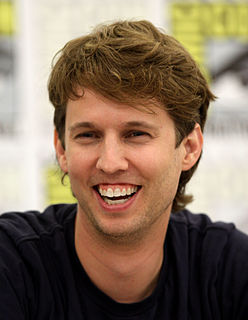A Quote by John Roos
In running Wilson Sonsini, it's all people-to-people skills. Those people-to-people skills translate into diplomatic skills.
Quote Topics
Related Quotes
Business requires an unbelievable level of resilience inside you, the chokehold on the growth of your business is always the leader, it's always your psychology and your skills - 80% psychology, 20% skills. If you don't have the marketing skills, if you don't have the financial-intelligence skills, if you don't have the recruiting skills, it's really hard for you to lead somebody else if you don't have fundamentally those skills. And so my life is about teaching those skills and helping people change the psychology so that they live out of what's possible, instead of out of their fear.
There is a section of our population in South Africa that you can't expect to get integrated in the economy of its own. These are people without skills and that will include young people who might very well have matric certificates, but don't have the skills to be absorbed in the economy. So we need to target people like those in a special way, in a focused way so that they have the skills and the capacity to participate in the economy. That requires special programmes.
My career was always about working with people, and understanding issues and problems and helping them to solve those issues and problems. How you deal with people - that's what diplomacy is all about. So while I'm not a career diplomat, many of the skills I had seemed to directly translate into the diplomatic arena.
The '60s and '70s - I grew up in the Haight-Ashbury - people around me were going to school by day and all night long having these incredibly exciting meetings, mobilizing, marching, drafting statements. It was very intoxicating. It was very energizing. We've really forgotten a lot of those skills. Or they haven't been transmitted. It's useful to the people controlling us to have those skills not be available.
It is the acquisition of skills in particular, irrespective of their utility, that is potent in making life meaningful. Since man has no inborn skills, the survival of the species has depended on the ability to acquire and perfect skills. Hence the mastery of skills is a uniquely human activity and yields deep satisfaction.







































